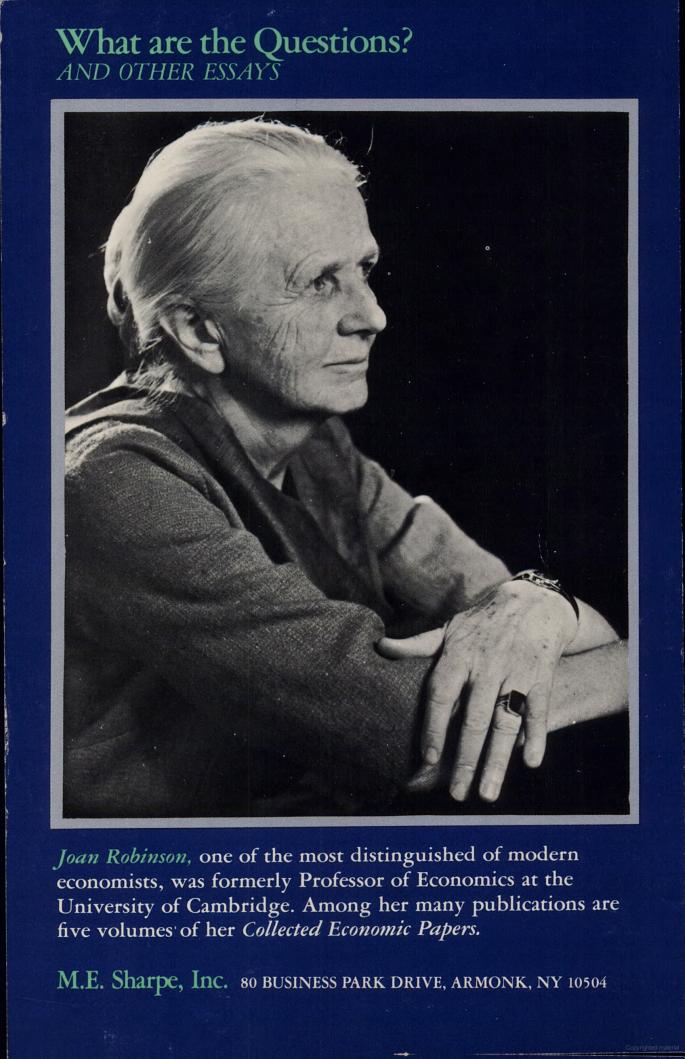In a speech at the Annual Meeting of the American Economic Association, Philadelphia, Pennsylvania, Ben Bernanke defended the large-scale asset purchase program of the Federal Reserve (“QE”).
The text is available here and the video is here
Bernanke’s argument is that fiscal policy was tight but yet the U.S. had an economic recovery and unconventional monetary policy helped.
First he talks of headwinds:
Have these unconventional tools been effective? Skeptics have pointed out that the pace of recovery has been disappointingly slow, with inflation-adjusted GDP growth averaging only slightly higher than a 2 percent annual rate over the past few years and inflation below the Committee’s 2 percent longer-term target. However, as I will discuss, the recovery has faced powerful headwinds, suggesting that economic growth might well have been considerably weaker, or even negative, without substantial monetary policy support.
and then identifies tight fiscal policy by both the federal government and state and local governments as one of the headwinds.
I have discussed the factors that have held back the recovery, not only to better understand the recent past but also to think about the economy’s prospects. The encouraging news is that the headwinds I have mentioned may now be abating. Near-term fiscal policy at the federal level remains restrictive, but the degree of restraint on economic growth seems likely to lessen somewhat in 2014 and even more so in 2015; meanwhile, the budgetary situations of state and local governments have improved, reducing the need for further sharp cuts …
It is not easy to see if this is true but it is true that fiscal policy had been tight and Bernanke’s argument is interesting for further analysis.
